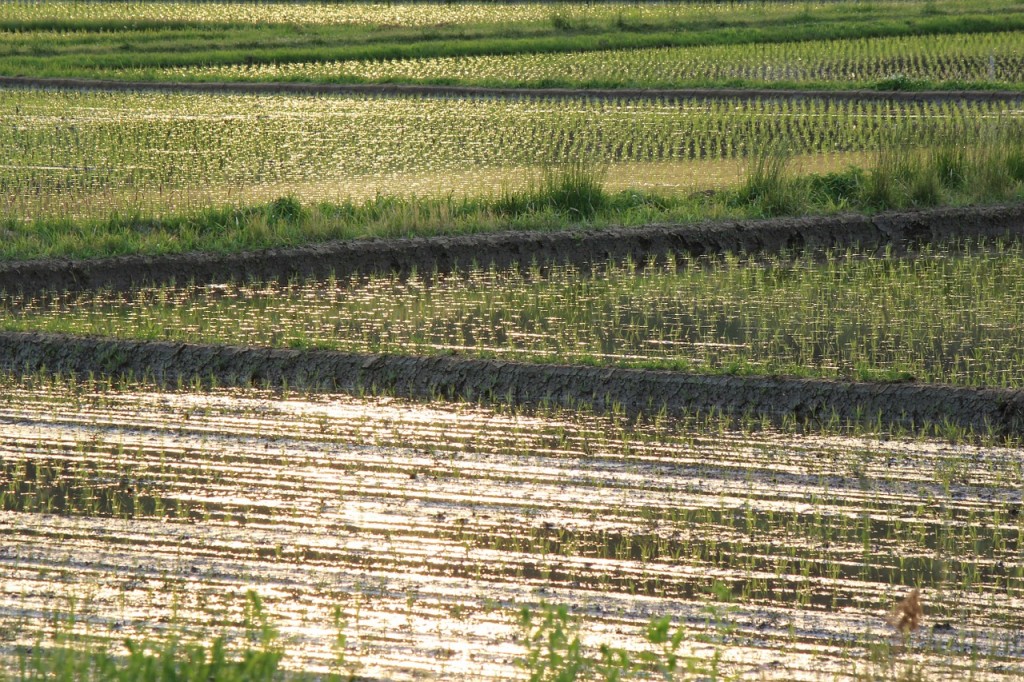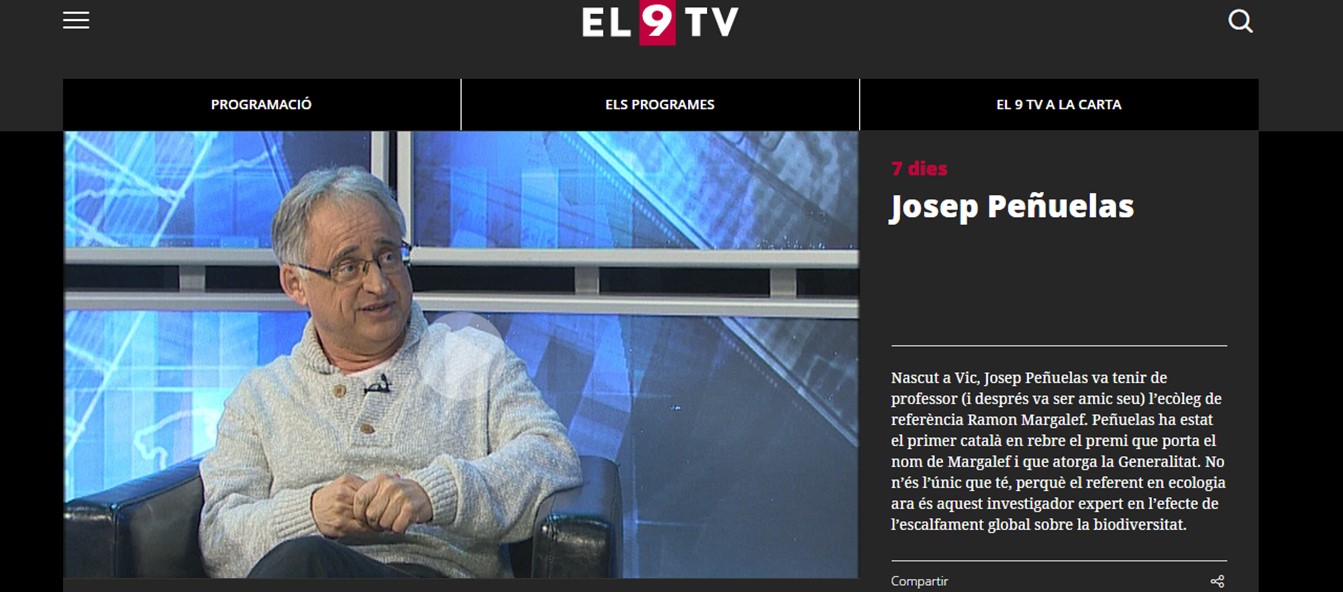Josep Peñuelas, was interviewed on January 13th at 9tv, in “7 dies” program. You will find the interview here:
Monthly Archives: January 2017
3rd IMBALANCE-P annual meeting – Paris, 1st – 3th February 2017
 The ERC Synergy Imbalance-P project has been running for two years already. A lot of work has been done and some other still needs to be carried out. It is, therefore, time for us to meet again in a confortable city such as Paris.
The ERC Synergy Imbalance-P project has been running for two years already. A lot of work has been done and some other still needs to be carried out. It is, therefore, time for us to meet again in a confortable city such as Paris.
The format will be similar to last time, researchers will present some of their work/results/projects within the Imbalance-P in short talks of about 15 minutes allowing participants to ask some questions. It is also planned to have time to allow researchers to discuss within the different working groups (experimental, synthesis, modelling…) and among them.
The main aims of the Paris meeting are to:
- Present and discuss past, present and future work within the Imbalance-P project.
- Share and discuss the results obtained by the different groups.
- Develop synergies amongst groups and researchers by increasing collaboration through sharing thoughts, ideas, objectives, experiments, observations and data.
- Create a venue where co-authors of different manuscripts can get together to forward their writing and possibilities for such activities to be initiated.
Scientific contact: Philippe Ciais (philippe.ciais@lsce.ipsl.fr)
Administrative Contact: Zoila Lopez (zoila.lopezsiri@cea.fr)
Organisers: Marcos Fernández-Martínez (m.fernandez@creaf.uab.cat) & Josep Peñuelas (josep.penuelas@uab.cat)
The program of the meeting is available here.

Pont des Arts. Author: Benh LIEU SONG, This picture is licensed under the Creative Commons Attribution-Share Alike 3.0
Plausible rice yield losses under future climate warming

Rice is the staple food for more than 50% of the world’s population. Reliable prediction of changes in rice yield is thus central for maintaining global food security. This is an extraordinary challenge.
In a new study in the journal Nature Plants researchers compare the sensitivity of rice yield to temperature increase derived from field warming experiments and three modelling approaches: statistical models, local crop models and global gridded crop models.
Field warming experiments produce a substantial rice yield loss under warming, with an average temperature sensitivity of −5.2 % per degree of warming. Local crop models give a similar sensitivity (−6.3 %), but statistical and global gridded crop models both suggest less negative impacts of warming on yields (−0.8 % and −2.4 7%, respectively).
Using data from field warming experiments, researchers further propose a conditional probability approach to constrain the large range of global gridded crop model results for the future yield changes in response to warming by the end of the century (from −1.3% to −9.3% per degree of warming). The constraint implies a more negative response to warming (−8.3 %) and reduces the spread of the model ensemble by 33%. This yield reduction exceeds that estimated by the International Food Policy Research Institute assessment (−4.2 to −6.4% ).
“Our study suggests that without CO2 fertilization, effective adaptation and genetic improvement, severe rice yield losses are plausible under intensive climate warming scenarios” said Dr. Chuang Zhao, researcher from Peking University.
“The long-term perspective of climate change allows us to prepare agricultural production systems for this challenge, but suitable policies must be put in place in the near future, given that targeted research on adaptation options and their large-scale implementation will require considerable time”, said Prof. Josep Penuelas from CREAF-CSIC Barcelona.
Citation: Zhao, C., Piao, S., Wang, X., Huang, Y., Ciais, P., Elliott, J., Huang, M., Janssens, I.A., Li, T., Lian, X., Liu, Y., Müller, C., Peng, S., Wang, T., Zeng, Z., Penuelas, J. 2016. Plausible rice yield losses under future climate warming. Nature Plants 3, 16202 (2016), doi: 10.1038/nplants.2016.202.

